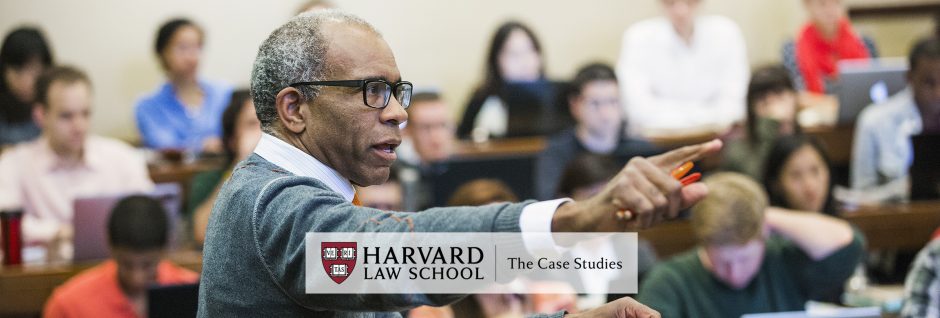In the first-year Lawyering Process Program at the University of Denver Sturm College of Law, students are encouraged to “lean forward” while learning and jump into their identities as lawyers. Beginning in the early 1990s as a basic legal research class taught by adjunct professors, the Program has evolved into a foundational course taught by full-time faculty. It is the first component of the Experiential Advantage Program, a full year of experiential courses that students take in their second or third year. In addition to building writing and research skills, Lawyering Process incorporates practical simulations and problem solving. The course meets twice a week for 75 minutes, earning 3 credits each semester.
David Thomson, former Director of the program, is a leading voice discussing the future of legal education. (His blog, Law School 2.0, shares the name with his interactive book on the subject.) One recent blog post explains the Formation of Professional Identity, one of the three “apprenticeships” that Sturm, as a member of the Educating Tomorrow’s Lawyers consortium, commits to developing in its students. According to Thomson, professional identity is more than just basic ethics; it requires that professional work have personal meaning and a sense of duty. By asking students to actively engage with legal questions as they learn, the Lawyering Process program cultivates this personal connection.
Students are given realistic—or even real—problems to tackle. Given the ethical concerns of providing clients with untrained lawyers, Thomson assured, “We’re not turning the first year into a clinic.” Rather, some of the professors partner with clinics to provide writing and research assignments that can be used for actual client problems. For simulations, faculty rely on teaching assistants or local theater students to enact the dilemma. These simulations touch on a breadth of legal concerns that further both Knowledge and Practice, the other two apprenticeships. Faculty specifically focus on cross-course continuity and topical issues like the nearby Aurora movie theater shootings of July 2012.
A cornerstone of the Denver program is feedback: from peers, professors, practitioners, and personal reflection. Rubrics break down assignments into discrete skills, with the goal of producing “work [that] would need very little revision for a supervising attorney to use.” The program also self-evaluates, and recently scaled down its class sizes in response.
Though Lawyering Process offers all of the content of a legal research and writing class, Thomson and his colleagues have re-envisioned the way material is presented. Thomson is a proponent and proud implementer of technology and innovation in the legal classroom, using iPads, clickers, wikis, and Case Map to make learning more interactive. The Lawyering Process program has also experimented with flipped classrooms and distance education. He explained, “We have to prepare students for their future, not our past.”

Pingback: Harvard Law Blog Features University of Denver's Lawyering Process Program | IAALS Online